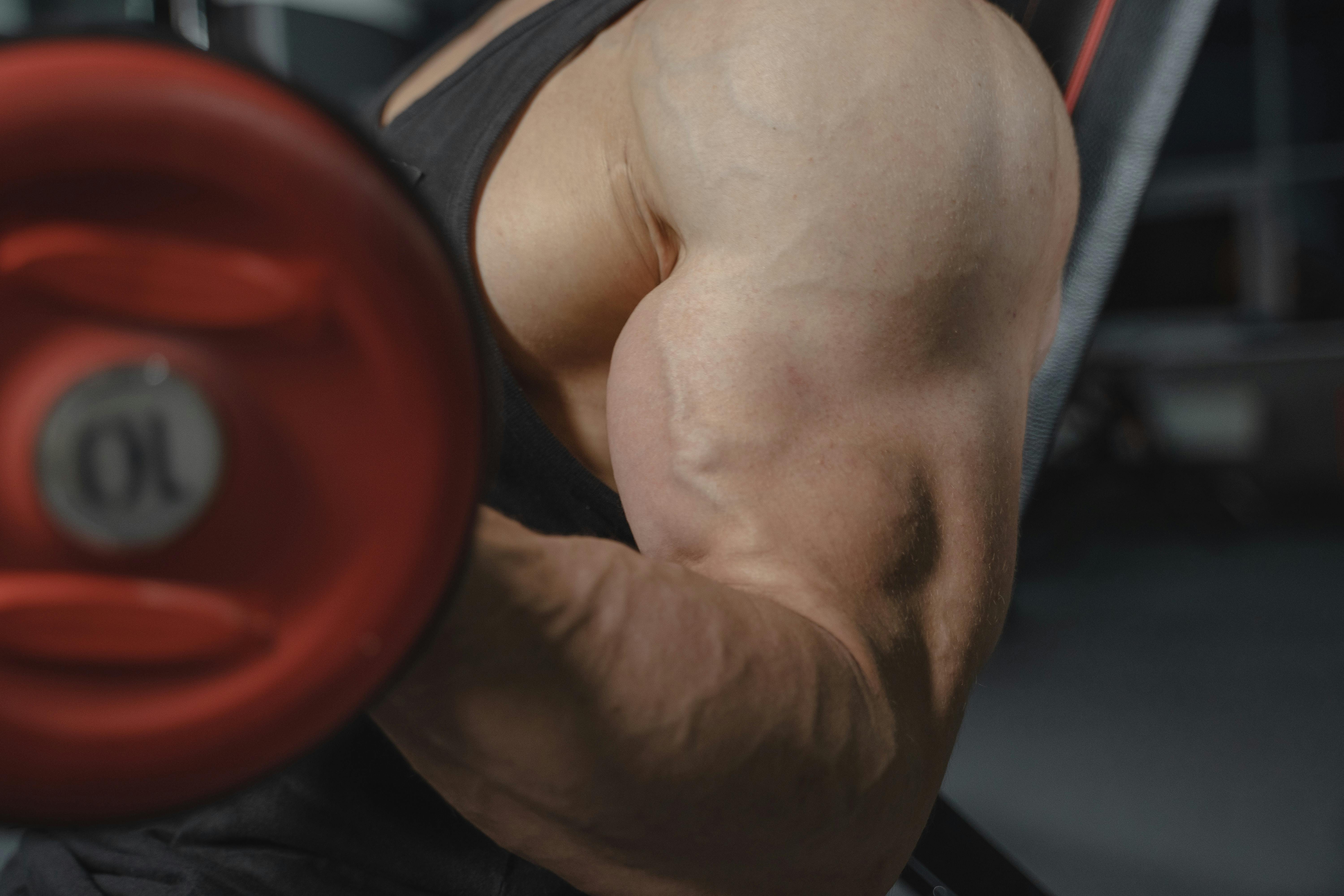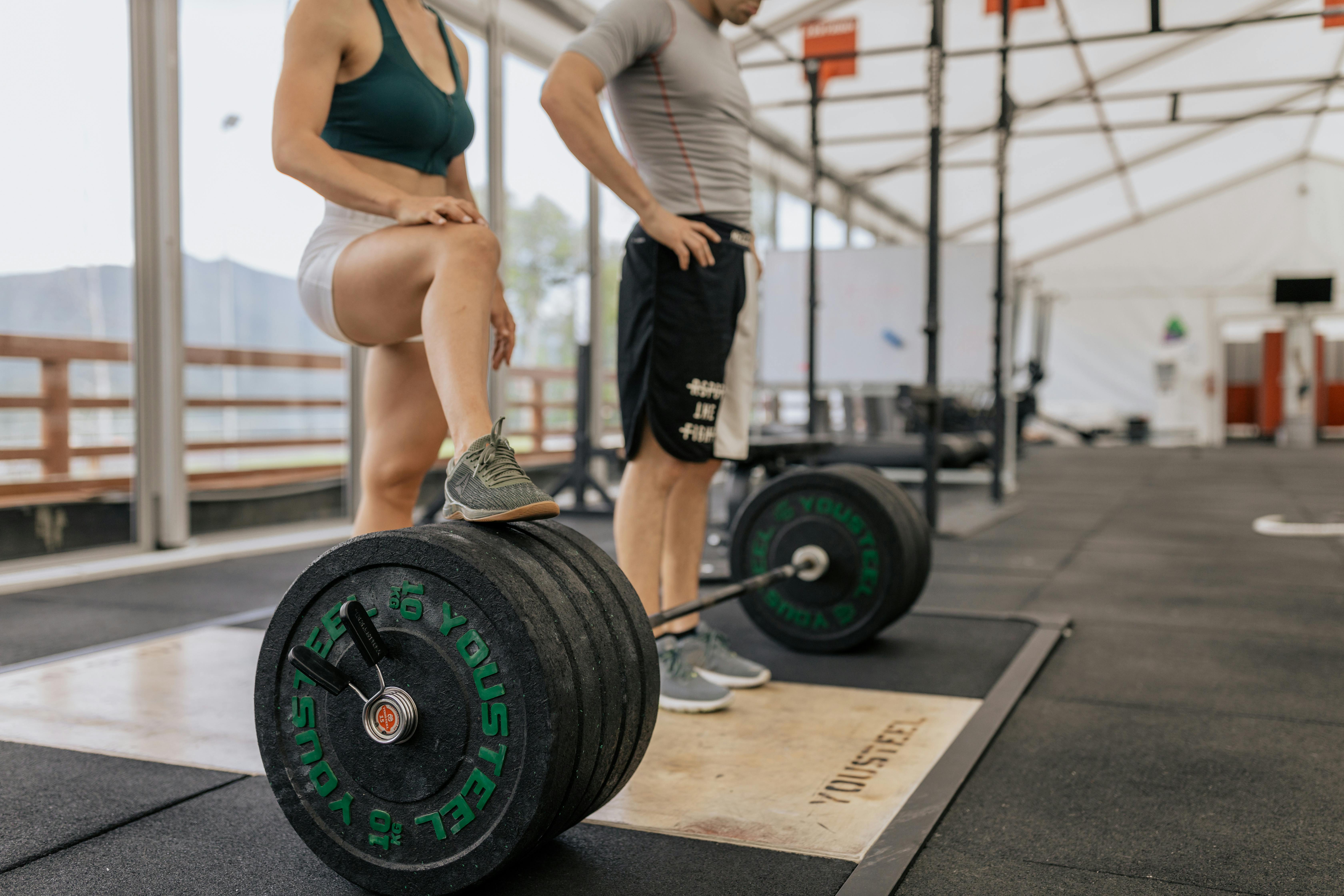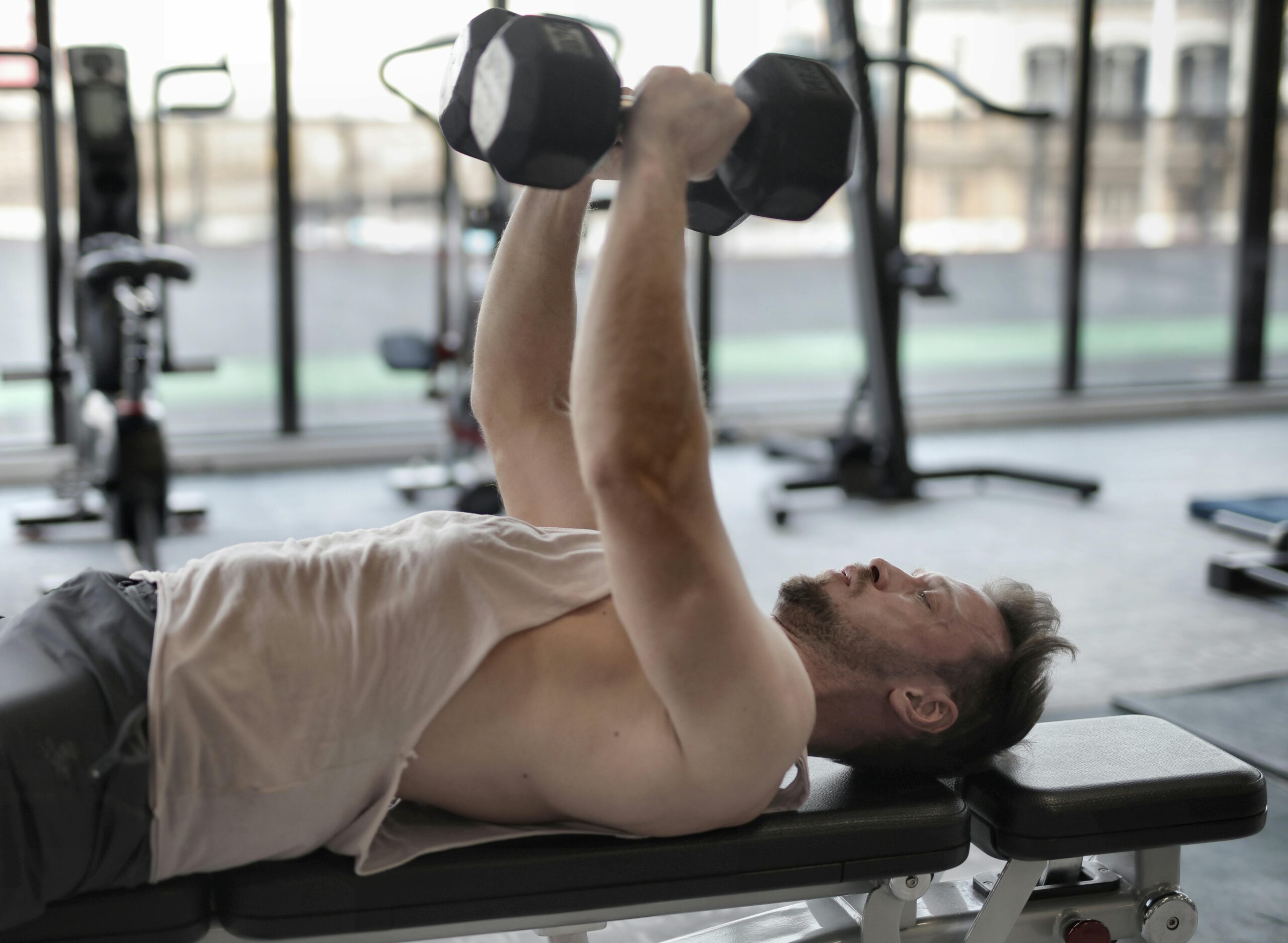Smart Ways to Optimize Alcohol Consumption for Muscle Building in 2025
In the quest for muscle growth and fitness, the relationship between alcohol consumption and muscle development has become a topic of interest for many enthusiasts. While alcohol is often linked with negative effects on performance and recovery, understanding how to integrate it smartly into your routine may lead to a balanced approach to fitness. In this article, we’ll explore strategies for optimizing alcohol consumption without sacrificing your muscle building goals, providing a comprehensive look at how you can maintain your fitness journey while enjoying life’s pleasures.
As more people incorporate fitness and bodybuilding into their lifestyles, it’s essential to understand the implications of alcohol on metabolic functions, protein synthesis, and recovery. From selecting the right type of beverages to timing your intake relative to workouts, the strategies we discuss will help you navigate alcohol consumption effectively. Additionally, we will address common myths surrounding alcohol and fitness, and provide practical tips on how you can achieve your fitness goals without completely forgoing social experiences.
Key takeaways from this article include an understanding of alcohol’s effects on muscle repair, how to make informed choices regarding alcohol types, and strategies for minimizing the impact on your fitness objectives. By the end, you’ll be equipped with essential knowledge to make smarter decisions that promote muscle building while enjoying moderate alcohol consumption.

Understanding Alcohol’s Impact on Muscle Building
The Science Behind Alcohol and Muscle Growth
Alcohol has a complex relationship with muscle growth and recovery. Research shows that alcohol can inhibit protein synthesis, the process that helps repair and build muscle after workouts. Specifically, alcohol consumption can lead to decreased testosterone levels and increased estrogen levels, which can negatively impact muscle mass and strength. Additionally, heavy drinking may contribute to muscle atrophy, the gradual loss of muscle size and strength.
However, the key lies in moderation. Studies suggest that moderate alcohol consumption, defined as one drink a day for women and two for men, may not significantly impede muscle recovery, especially if paired with proper nutritional intake. To mitigate the negative effects of alcohol on muscle growth, fitness enthusiasts should prioritize protein-rich diets and timing their drinking around their training schedules.
Choosing the Right Types of Alcohol
Not all alcoholic beverages are created equal. When considering alcohol options, it’s essential to evaluate their caloric content and macronutrient profiles. Opting for lower-calorie drinks, such as light beers or spirits mixed with low-calorie mixers, can help you keep your caloric intake in check while still enjoying your favorite beverages.
For instance, a standard light beer typically contains fewer calories than a sugary cocktail or a dessert wine. Planning ahead and choosing wisely can help you balance your caloric expenditure with your indulgence without compromising muscle building. Additionally, enjoying alcohol at a time when it does less harm, such as after a workout when your body is most primed for recovery, could be beneficial.
The Role of Nutrient Timing
Nutrient timing refers to the consumption of macronutrients around your training schedule to optimize performance and recovery. Incorporating alcohol into this strategy can be tricky but manageable. It’s advisable to avoid drinking immediately before a workout, as alcohol may impair your performance and hydration levels.
However, consuming alcohol post-workout, especially when paired with a protein-rich meal or shake, could mitigate some of the negative impacts. The key is to replenish your body’s glycogen stores and support recovery with adequate nutrients following your training. This approach ensures that you maintain your muscle-building strategies while enjoying your favorite drinks.
By understanding alcohol’s effects and making informed choices, you can create a balanced lifestyle that promotes both enjoyment and muscle growth.
Incorporating Alcohol Wisely Within Training Regimens
Strategizing Alcohol Consumption Around Workout Schedules
Integrating alcohol into your training regimen requires careful planning. If you have a training session scheduled, it’s crucial to remain cautious about alcohol consumption beforehand. Understand that alcohol acts as a depressant and may impair coordination, strength, and endurance during workouts. Therefore, save your indulging for post-workout recovery.
Planning social events around your training schedule can help. If you foresee a social gathering on the horizon, align your workouts to optimize productivity prior to indulging in alcohol. This way, you ensure your fitness performance is prioritized, allowing for guilt-free enjoyment in a responsible manner.
Staying Hydrated with Alcohol
One major aspect of alcohol consumption that many might overlook is hydration. Alcohol is known to cause dehydration, which impacts not only your recovery but overall performance levels as well. For fitness enthusiasts, proper hydration is critical not just for muscle growth but for overall bodily functions. Thus, creating a hydration strategy is essential when consuming alcohol.
Consider drinking water between alcoholic drinks to help maintain hydration levels. Moreover, aim to consume high-protein snacks or meals that are rich in essential nutrients. Combining hydrating foods and fluids with moderate alcohol consumption can significantly lessen the negative impact associated with drinking.
Embracing Alcohol-Free Alternatives
With the growing popularity of fitness, the market has expanded to include a variety of alcohol-free beverages that can be sophisticated alternatives to traditional alcoholic drinks. These options allow you to socialize without jeopardizing your fitness goals. From non-alcoholic beers to mocktails infused with fresh fruits and herbs, there are plenty of savored alternatives that won’t impede muscle building.
Incorporating these alternatives can help you maintain a healthy lifestyle while still enjoying social interactions. Making wise choices doesn’t mean sacrificing taste or enjoyment, and opting for non-alcoholic options can also reduce excessive calorie intake, further supporting your muscle-growth journey.

Understanding Health Risks Associated with Alcohol
Alcohol and the Risk of Muscle Atrophy
One significant health risk associated with excessive alcohol consumption is muscle atrophy. Alcohol can slow down the body’s ability to use amino acids effectively, which are the building blocks of proteins crucial for muscle repair and growth. Over time, consistent heavy drinking can result in noticeable muscle loss, affecting physical performance and overall health.
Additionally, habitual drinking can lead to hormonal imbalances that not only inhibit muscle growth but can affect your overall fitness. Recognizing the risks associated with alcohol consumption is vital, especially if you aim for maximum results in bodybuilding and fitness.
Potential Long-term Effects of Alcohol on Athletic Performance
Athletes and bodybuilders should acknowledge the potential long-term effects that alcohol may have on performance. Chronic consumption can lead to a decline in bone density, decreased muscle mass, and a higher likelihood of injuries. Furthermore, alcohol can interfere with the body’s ability to recover post-exercise, delaying the regeneration process of muscle tissues.
Being aware of these risks is key to making informed choices regarding alcohol consumption. Knowledge of how alcohol impacts athletic performance can empower individuals to maintain a healthy lifestyle while still pursuing social engagements and relaxation.
Educating Yourself on Alcohol and Health
Understanding the complexities of alcohol, coupled with its effects on health and fitness, is crucial for anyone seeking to optimize muscle building. Equipping yourself with knowledge surrounding alcohol, its nutritional content, and how it interacts with your fitness goals can significantly amplify personal health efforts. Continuous education and awareness about alcohol consumption will assist in making life decisions that do not hinder your fitness targets.
Q&A: Common Queries About Alcohol and Muscle Building
Is it okay to drink alcohol if I’m trying to gain muscle?
Yes, but moderation is key. Enjoying alcohol in small amounts and timing your intake strategically (post-workout and with a protein-rich meal) can help you maintain your muscle growth goals. Just be cautious about excessive consumption as it can impede protein synthesis and recovery.
Are there any specific types of alcohol that are better for fitness enthusiasts?
Yes, choosing drinks with lower calories and minimal sugars, such as light beers, spirits with soda water, or low-carb wines, can be a healthier option. Avoid sugary mixers as they can contribute to excess caloric intake.
Can I substitute alcohol with non-alcoholic beverages while still enjoying social activities?
Absolutely! There are numerous non-alcoholic alternatives available today that cater to the tastes of fitness enthusiasts. Options like sparkling water, mocktails, or alcohol-free beers provide refreshing tastes without the negative impacts on muscle growth.
By implementing these smart strategies and maintaining a balanced perspective, you can enjoy moderation in alcohol consumption, aiding your fitness journey instead of hindering it. Your health and fitness goals are achievable when combined with informed decision-making.
